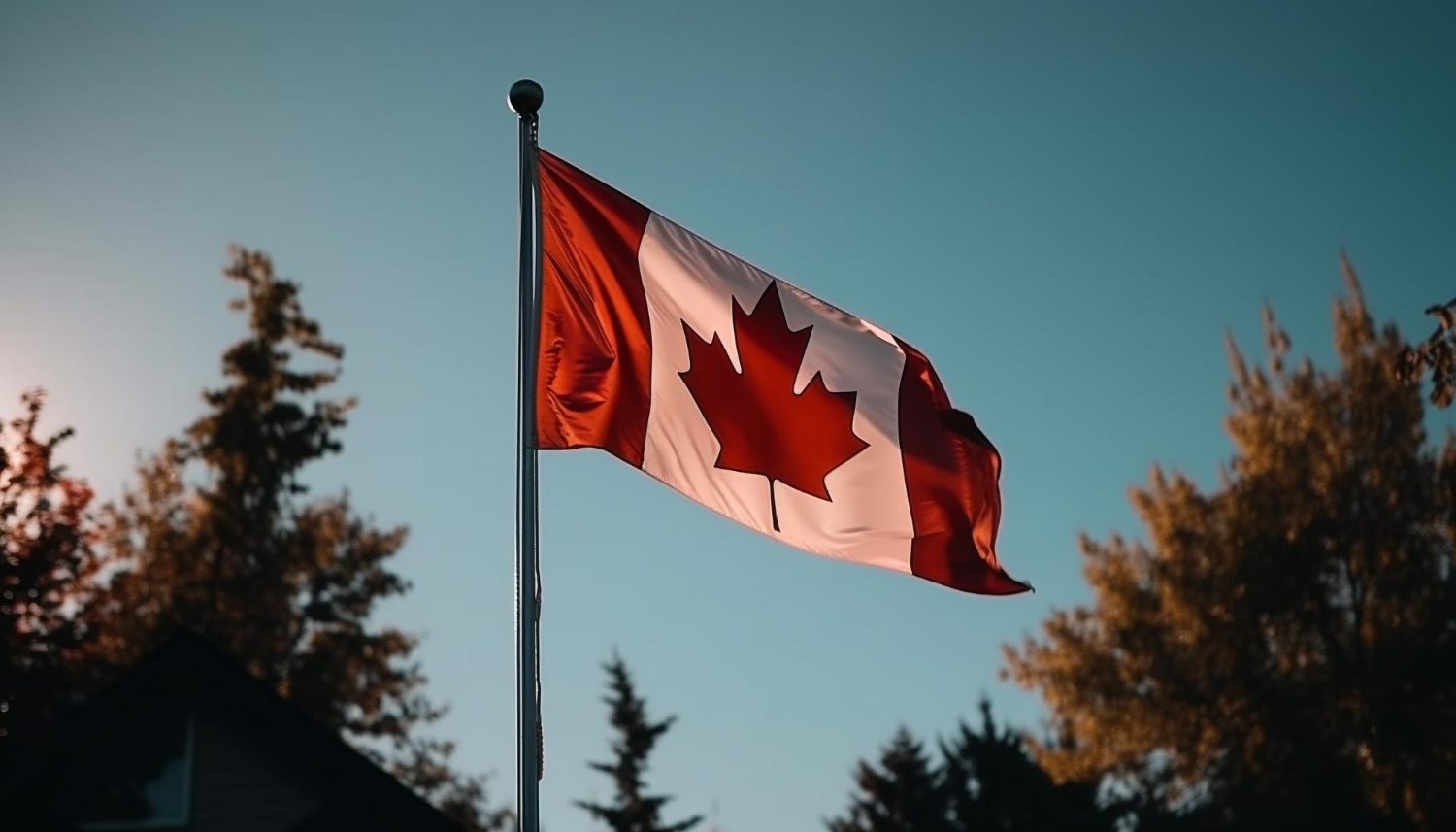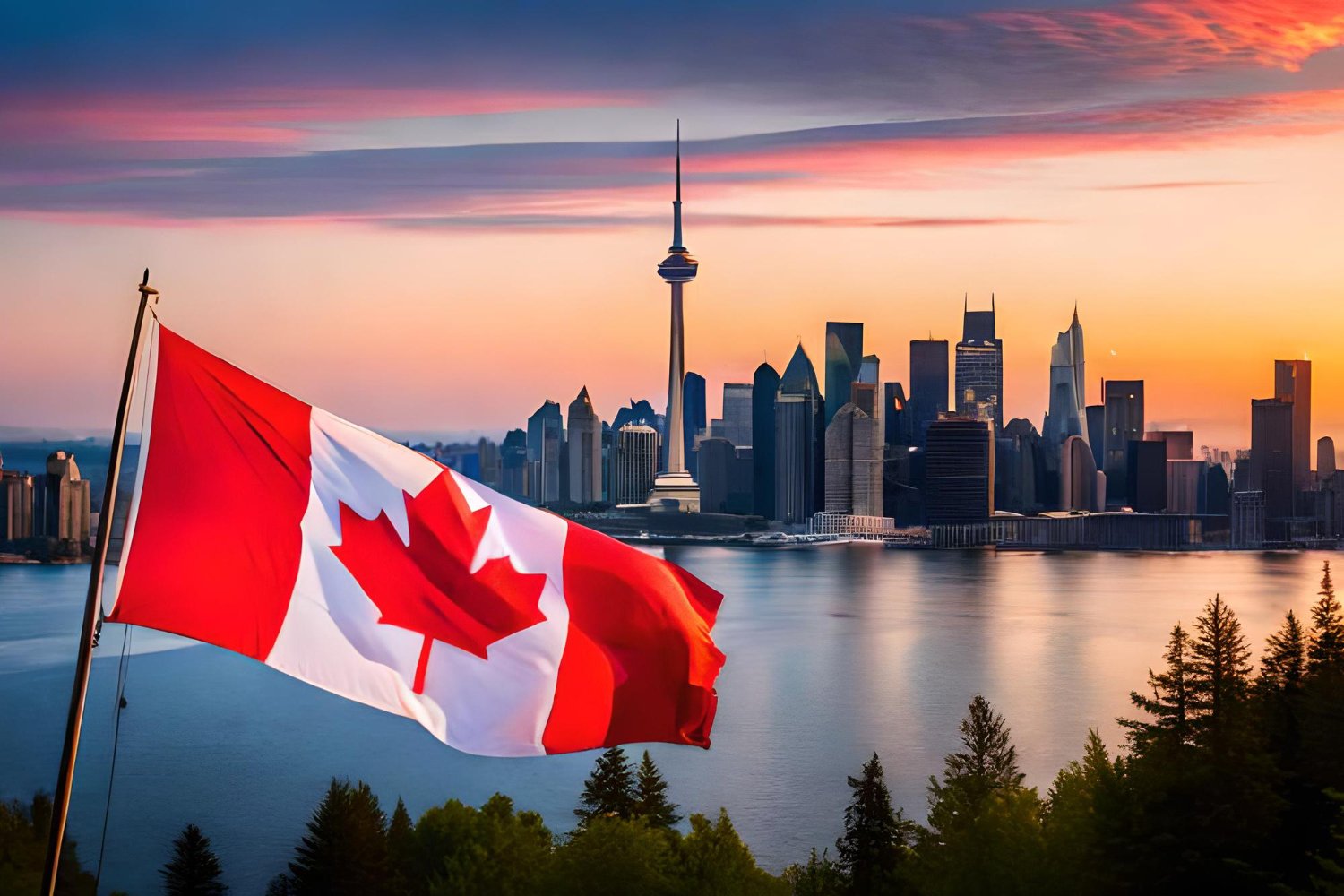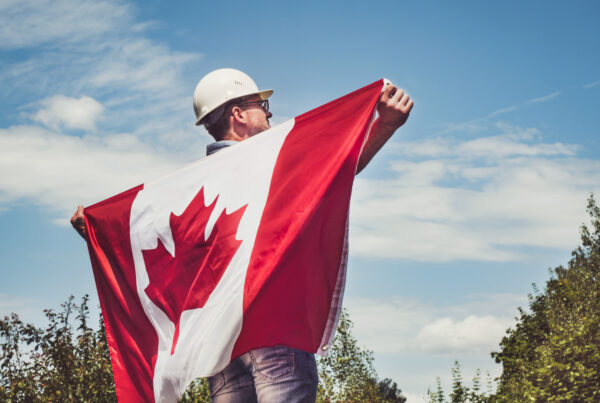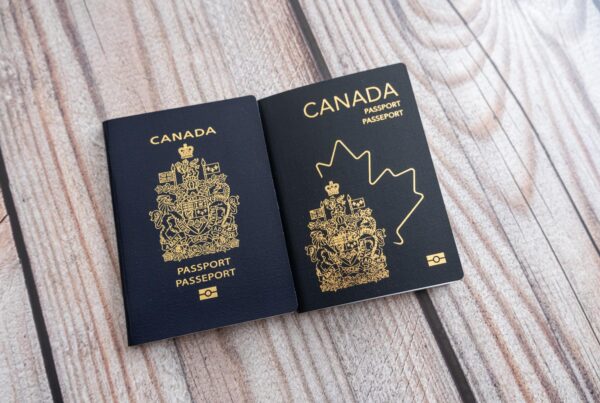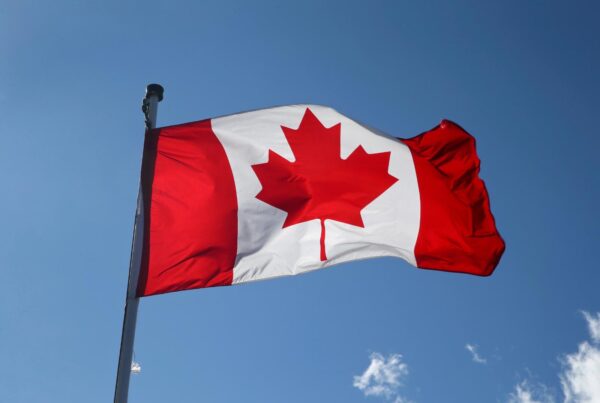In today’s globalized world, immigration to Canada stands as an appealing prospect for many individuals seeking new opportunities and a better life. However, navigating the immigration process can be complex, particularly when sponsorship is involved. Whether it’s through family sponsorship, employment sponsorship, or other avenues, understanding the ins and outs of sponsorship for immigration to Canada is crucial. In this comprehensive guide, we’ll delve into the key aspects you need to know to successfully navigate the sponsorship process.
Eligibility Requirements for Sponsors
Becoming a sponsor for immigration to Canada entails meeting certain eligibility criteria set forth by the government. Generally, sponsors must be at least 18 years old, a Canadian citizen, permanent resident, or registered as an Indian under the Canadian Indian Act. Additionally, sponsors must demonstrate the financial ability to support the sponsored individual(s) and fulfill various other obligations. It’s essential to consult with a reputable Canadian immigration lawyer to ensure you meet all the eligibility requirements before proceeding with sponsorship.
Financial Obligations and Proof of Income
One of the primary responsibilities of sponsors is to provide financial support to the sponsored individual(s) for their essential needs upon arrival in Canada. This includes food, clothing, shelter, and other basic necessities. To prove your financial capacity, you’ll need to submit documentation such as tax returns, pay stubs, bank statements, and employment letters. Demonstrating a stable income stream is crucial to assuring immigration authorities that you can fulfill your financial obligations as a sponsor.
Sponsorship Application Process
The sponsorship application process involves several steps, beginning with the submission of the appropriate forms and supporting documents. Depending on the type of sponsorship (e.g., spousal sponsorship, family sponsorship, or humanitarian sponsorship), the application requirements may vary. It’s essential to meticulously complete all forms and ensure accuracy to avoid delays or rejection. Working closely with a knowledgeable Canadian immigration lawyer can streamline the application process and improve your chances of success.
Types of Sponsorship Categories
Sponsorship for immigration to Canada encompasses various categories tailored to different familial and humanitarian circumstances. These include spousal sponsorship, parent and grandparent sponsorship, dependent child sponsorship, and refugee sponsorship, among others. Each category has its own set of eligibility criteria and application procedures, so it’s crucial to determine the most suitable option based on your specific situation. Consulting with an experienced Canadian immigration lawyer can help you navigate the complexities of each sponsorship category with confidence.
Rights and Responsibilities of Sponsors
As a sponsor, you not only have the privilege of reuniting families and providing assistance to those in need but also bear certain responsibilities. These include providing financial support, ensuring the sponsored individual(s) do not require social assistance, and offering emotional support during their transition to life in Canada. Moreover, sponsors are legally obligated to adhere to the terms outlined in the sponsorship agreement and fulfill their commitments for the specified duration.
Processing Times and Fees
The processing times for sponsorship applications vary depending on various factors such as the type of sponsorship, the country of origin of the sponsored individual(s), and the volume of applications received. Generally, spousal sponsorships tend to have shorter processing times compared to other categories. However, it’s essential to be prepared for potential delays and plan accordingly. Additionally, sponsors must be aware of the applicable processing fees, which can vary based on the type of sponsorship and the number of individuals being sponsored.
Potential Grounds for Refusal or Revocation
While sponsorship offers a pathway to immigration for many individuals, it’s essential to be aware of potential grounds for refusal or revocation of sponsorship. Common reasons for refusal include insufficient proof of relationship, financial ineligibility, misrepresentation, or failure to meet admissibility requirements. Similarly, sponsors must fulfill their obligations throughout the sponsorship period, failure to do so could result in the revocation of sponsorship status. Working closely with a reputable Canadian immigration lawyer can help mitigate these risks and ensure a smooth sponsorship process.
In addition to the common reasons for refusal or revocation mentioned earlier, it’s essential to understand that immigration authorities thoroughly scrutinize sponsorship applications to ensure compliance with Canadian immigration laws and regulations. Factors such as criminality, health issues, and security concerns can also lead to refusal or revocation of sponsorship. Therefore, sponsors should be transparent and forthcoming with all relevant information during the application process to avoid any potential complications. Moreover, staying informed about any changes to immigration policies or procedures can help sponsors anticipate and address any potential issues proactively. Engaging with a knowledgeable Canadian immigration lawyer can provide invaluable guidance in navigating these complexities and mitigating the risks associated with refusal or revocation.
Settlement Support and Resources
Upon arrival in Canada, sponsored individuals may benefit from various settlement support services and resources to facilitate their integration into Canadian society. These may include language classes, job placement assistance, housing support, and access to community programs. Sponsors play a crucial role in providing guidance and support to help sponsored individuals navigate these resources effectively. By fostering a supportive environment, sponsors can contribute to the successful settlement and integration of their sponsored family members or individuals.
In addition to the essential settlement support services mentioned earlier, it’s worth noting the importance of cultural orientation and community engagement for sponsored individuals. Navigating a new country can be daunting, especially when it comes to understanding cultural norms, traditions, and societal expectations. Settlement agencies often offer cultural orientation sessions to help newcomers acclimate to Canadian society more effectively. Furthermore, sponsors can facilitate opportunities for sponsored individuals to connect with local communities, whether through volunteer work, participation in cultural events, or joining social groups. Building a strong social network not only enhances the sense of belonging but also provides invaluable support during the settlement process. By actively promoting cultural integration and community involvement, sponsors can empower sponsored individuals to thrive in their new environment and contribute positively to Canadian society.
Unlock Your Path to Canada: Expert Guidance on Sponsorship for Immigration with Joshua Slayen
Are you ready to embark on your journey towards sponsorship for immigration to Canada? Don’t navigate the complexities of the Canadian immigration system alone. Trust the expertise of Joshua Slayen, a seasoned Canadian immigration lawyer, to guide you through the process with confidence and ease. Whether you’re considering family sponsorship, spousal sponsorship, or any other immigration pathway, Joshua Slayen is here to provide personalized assistance tailored to your unique needs. Contact us today to take the first step toward realizing your Canadian immigration goals.


